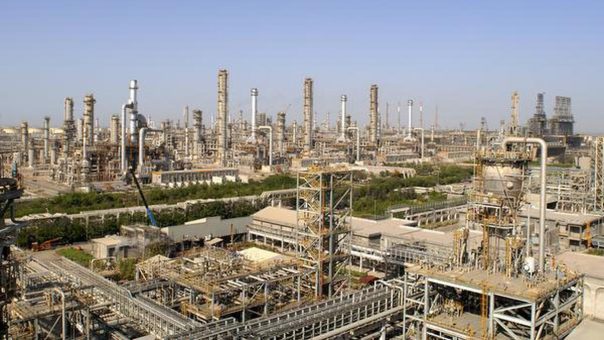By Irina Slav
Crude oil prices have gone up high enough to begin hurting demand for the commodity, the chief of the International Energy Agency, Fatih Birol, said as quoted by Reuters on the sidelines of an industry event in Singapore.
Birol noted the adverse effect of higher oil prices on large emerging economies in particular, including India and Indonesia, saying, “Many countries’ current account deficits have been affected by high oil prices.”
The negative effect has been compounded by a slide in local currencies as well, a development that can also be at least partially traced back to higher oil prices and their effect on current account deficits.
The good news, at least for consumer nations, is that this situation cannot continue indefinitely and with dampened demand prices should go down as well at some poin
“There are two downward pressures on global oil demand growth,” Birol told Reuters. “One is high oil prices, and in many countries they’re directly related to consumer prices. The second one is global economic growth momentum slowing down.”
In fact, concern about global economic growth—driven by emerging economies, no less—has weighed on prices in recent days. It has combined with other factors such as a stock market decline and rising crude oil supply to push Brent and WTI down, although despite this decline both benchmarks remain with cumulative gains of more than 10 percent since the start of the year.
Mixed signals from Riyadh concerning production plans have also enhanced price volatility, but it seems the message that prevailed is that the Kingdom will pump as much crude as it can to offset loss of Iranian supply, which has in turn sparked worry about supply.
Last week, Khalid al-Falih said the market could swing into a surplus next year, which may have contributed to the worry.








